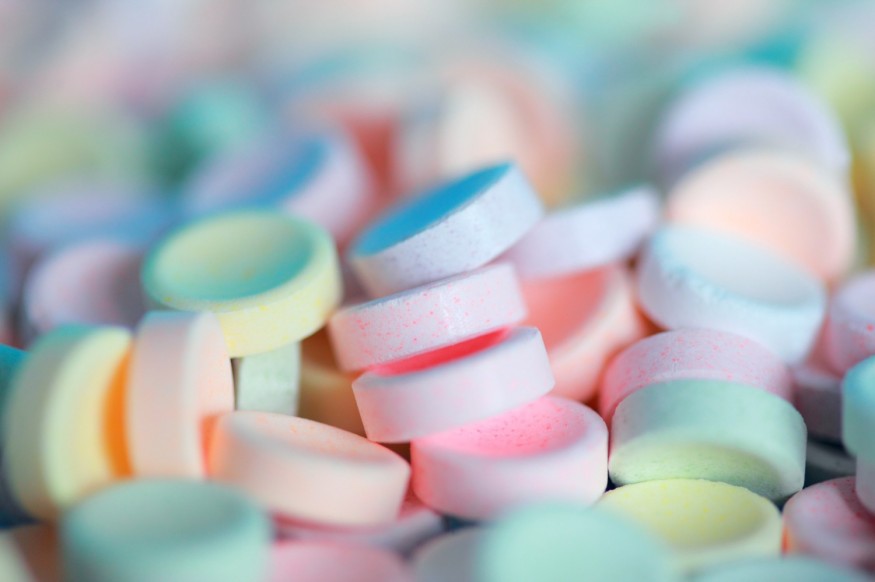Melatonin is a hormone naturally produced in the human brain that plays a key role in the sleep-wake cycle. Healthy melatonin levels are at their highest during nighttime to trigger sleep. Some studies suggest that melatonin supplements could help treat sleep disorders and relieve insomnia and jet lag.
New research has shown a drastic increase in poisoning among children involving sleep aid medication, including a bog jump during the pandemic.

Melatonin Poisoning in Children
The US poison control centers recorded over 52,000 calls in 2021 about melatonin poisoning in children. It is six times higher than previous cases a decade earlier. According to ABC News, most of the calls are about children accidentally taking the melatonin supplement, which some come in the form of gummies for kids.
Study lead author Dr. Karima Lelak, an emergency physician at Children's Hospital of Michigan, warns parents not to leave melatonin on a nightstand. She emphasized that melatonin supplements are not vitamins because they are medication with the potential to cause harm when taken irresponsibly.
A record-breaking melatonin poisoning cases were recorded in the United States during the pandemic, with a 38% increase from 2019 to 2020. Lelak said that there could be several factors that led to this increase, especially with the lockdowns and virtual learning that forced many children to be at home all day.
Furthermore, the pandemic has taken a toll on people's mental health and caused sleep-disturbing stress and anxiety that may have led families to take melatonin supplements.
Melatonin Overdose
Melatonin is relatively safe when taken for short periods as a sleeping aid, although there are no studies on its long-term effect. The National Capital Poison Center said that melatonin side effects include drowsiness and dizziness, which are expected.
However, melatonin overdose could also happen if someone takes too much melatonin. One may experience sleepiness, headache, nausea, and agitation. There is no antidote for melatonin overdose.
Having a reliable adult stay with the person who had an overdose is advised until they are fully rested and awake. The adult should awaken the overdosed person every half an hour while napping, especially when their breathing is not normal.
Melatonin has some side-effects too, including dizziness, headaches, nausea, and depression to name a few. Immediately call 911 or go to the nearest Emergency Department if side effects persist.
Safe Dosage of Melatonin
In the US, anyone can buy melatonin supplements without a prescription and there is no formal consensus on the optimal dosage to be taken. According to the Sleep Foundation, studies on melatonin often use 0.1 to 10 milligrams. However, between 2 to 3 milligrams is often considered the ideal dosage.
There are many challenges in determining the right dosage of melatonin as individual responses could vary due to factors that are not fully understood. Usually, age, gender, sleep issues, and health conditions are considered in determining the right dosage for a person.
Additionally, the differences in the preparation of melatonin supplements can significantly alter its impact. For instance, taking 1 to 10 milligrams raises the body's melatonin levels in the body from 3 to 60 times their normal level. Therefore, melatonin users should be careful with the dosages listed on the labels.
RELATED ARTICLE: Time To Ditch The Nightlights: Study Says Sleep-Promoting Hormone Melatonin Plummets Before Bedtime At the Slightest Exposure to Light
Check out more news and information on Sleep in Science Times.
© 2025 ScienceTimes.com All rights reserved. Do not reproduce without permission. The window to the world of Science Times.












